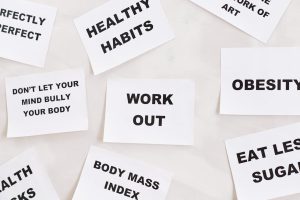This article reflects the personal views of the author and is not a specialist medical publication. Always consult a qualified healthcare provider before making decisions about supplementation or treatment.
Why Vitamin D Matters (Especially When You’re Tired, Stressed, or Sick)
Vitamin D has become one of the most talked-about nutrients in recent years—and for good reason. From boosting immunity to improving mood and energy levels, it’s often seen as a natural ally in fighting fatigue, stress, and seasonal illness.
- Vitamin D supports immunity, mood, and energy
- Deficiency is common, especially in colder months
- Testing and safe supplementation can make a real difference
- This article is based on personal experience, not medical expertise
Personally, I started paying attention to vitamin D when I noticed how sluggish I felt during winter months. After a simple blood test, I discovered my levels were low—and supplementing made a noticeable difference.
What Does Vitamin D Actually Do?
- Supports immune function – helps your body fight off infections
- Regulates mood – linked to serotonin production and emotional balance
- Strengthens bones – aids calcium absorption
- Improves energy – low levels often correlate with chronic fatigue
- May reduce inflammation – helpful in autoimmune conditions
Most Common Questions About Vitamin D
1. How do I know if I’m deficient in vitamin D? The only reliable way is through a blood test. Symptoms like fatigue, low mood, and frequent illness may suggest a deficiency, but testing confirms it.
2. What’s the best source of vitamin D? Sunlight is the most natural source. However, in northern climates or during winter, supplements and fortified foods (like dairy or cereals) are often necessary.
3. How much vitamin D should I take daily? It depends on age, health status, and current levels. Many adults take between 1000–4000 IU daily, but always consult a doctor before starting.
4. Can I get too much vitamin D? Yes. Excessive intake can lead to toxicity, causing nausea, kidney issues, or calcium imbalance. Stick to recommended doses unless advised otherwise.
5. Does vitamin D help with stress or anxiety? While not a cure, low vitamin D levels have been linked to mood disorders. Some people report feeling calmer and more balanced after correcting a deficiency.
Vitamin D isn’t a miracle cure—but for many, it’s a missing piece of the wellness puzzle. If you’re constantly tired, catching every cold, or feeling emotionally drained, checking your vitamin D levels might be a smart first step.














